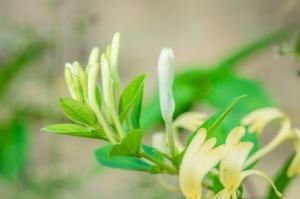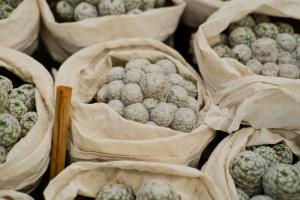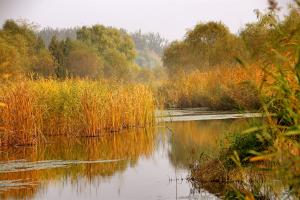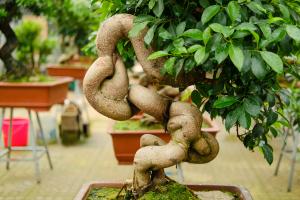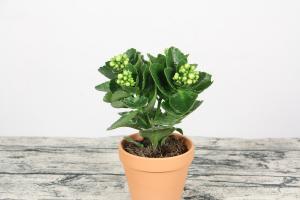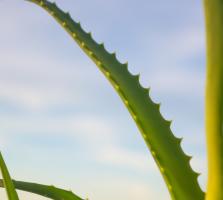Will Spraying Ammonia Mixed with Water Kill Plants or Grass?
Ammonia is a common household cleaning agent used to clean and disinfect surfaces. Some people use it as a fertilizer for their plants because of the nitrogen it contains. However, when ammonia is mixed with water and sprayed on plants or grass, it can have negative effects.
What is Ammonia?
Ammonia (NH3) is a colorless gas with a pungent odor that is commonly used in cleaning products. It is also used in the production of fertilizers, plastics, and explosives. Although ammonia can be beneficial for plants, it can also be harmful in certain concentrations.
How can Ammonia Harm Plants or Grass?
When ammonia is mixed with water and sprayed on plants or grass, it can burn the leaves, stems, and roots. This is because ammonia is highly alkaline, which means it has a high pH level. Plants prefer a more neutral or slightly acidic pH level. When the pH level of the soil or plant is altered, it can result in nutrient imbalances, stunted growth, and even death.
How to Identify Ammonia Damage on Plants or Grass?
Ammonia damage on plants or grass usually manifests as yellowing or browning of the leaves, irregular leaf margins, and stunted growth. If you notice these symptoms in your plants or grass after spraying ammonia and water, it is highly likely that the mixture has damaged them.
Alternatives to Ammonia for Plant Care
If you want to nourish your plants or grass without using ammonia, there are several alternatives you can try:
Compost - Compost is a natural fertilizer that enriches soil and promotes healthy plant growth. You can make your own compost from food scraps, yard waste, and other organic materials.
Manure - Animal manure is a rich source of nutrients that can improve the quality of soil and plants. You can use cow, horse, or chicken manure as a fertilizer.
Fish Emulsion - Fish emulsion is a natural, organic fertilizer made from fish waste. It contains nitrogen, phosphorus, and other essential nutrients that plants need for healthy growth. You can buy fish emulsion at most garden centers and nurseries.
Conclusion
Spraying ammonia mixed with water can harm plants and grass because of its alkaline properties. When the pH level of the soil or plant is altered, it can result in nutrient imbalances, stunted growth, and even death. Instead, you can use natural fertilizers like compost, manure, or fish emulsion to nourish your plants and promote healthy growth.

 how many times do yo...
how many times do yo... how many planted tre...
how many planted tre... how many pine trees ...
how many pine trees ... how many pecan trees...
how many pecan trees... how many plants comp...
how many plants comp... how many plants can ...
how many plants can ... how many plants and ...
how many plants and ... how many pepper plan...
how many pepper plan...